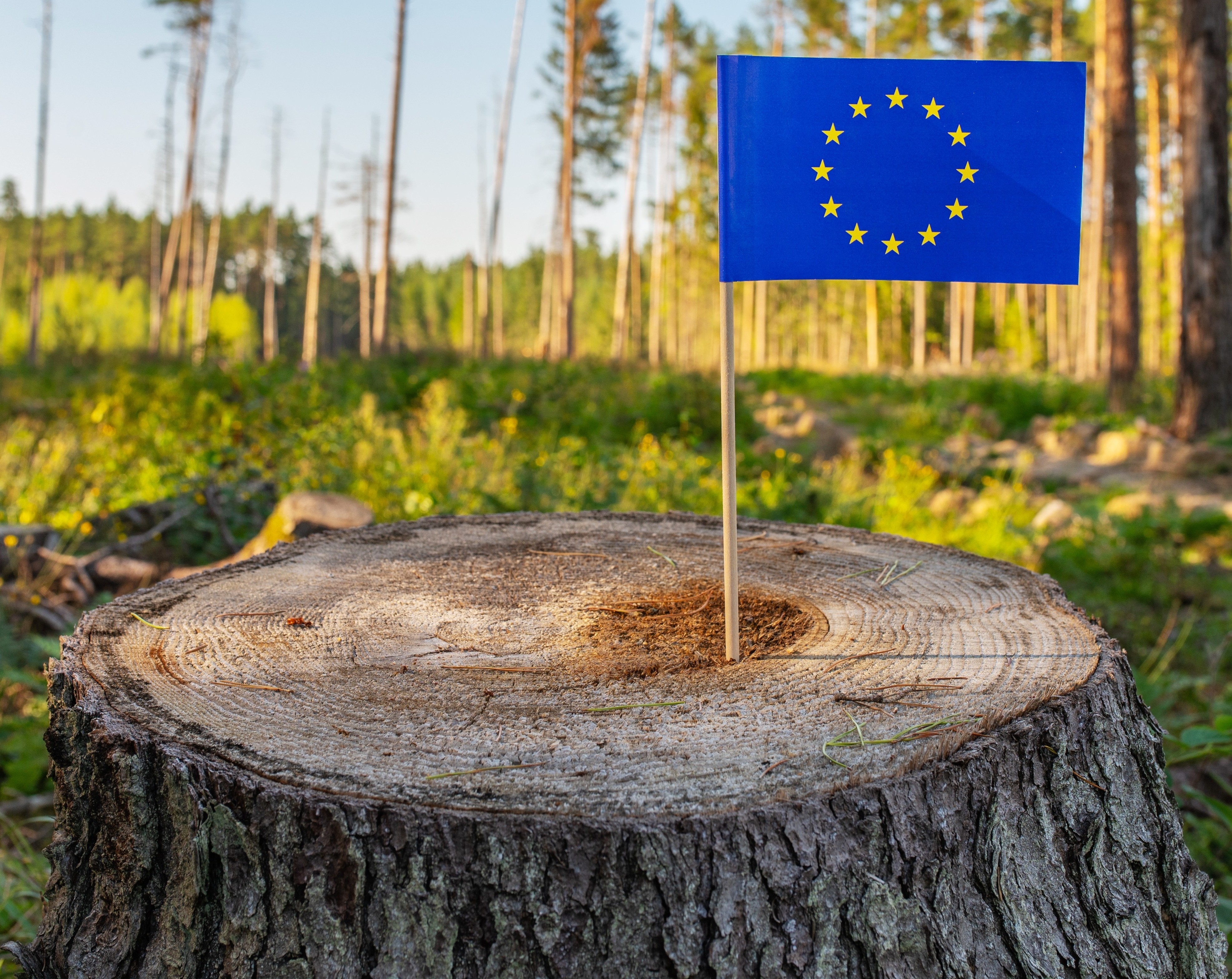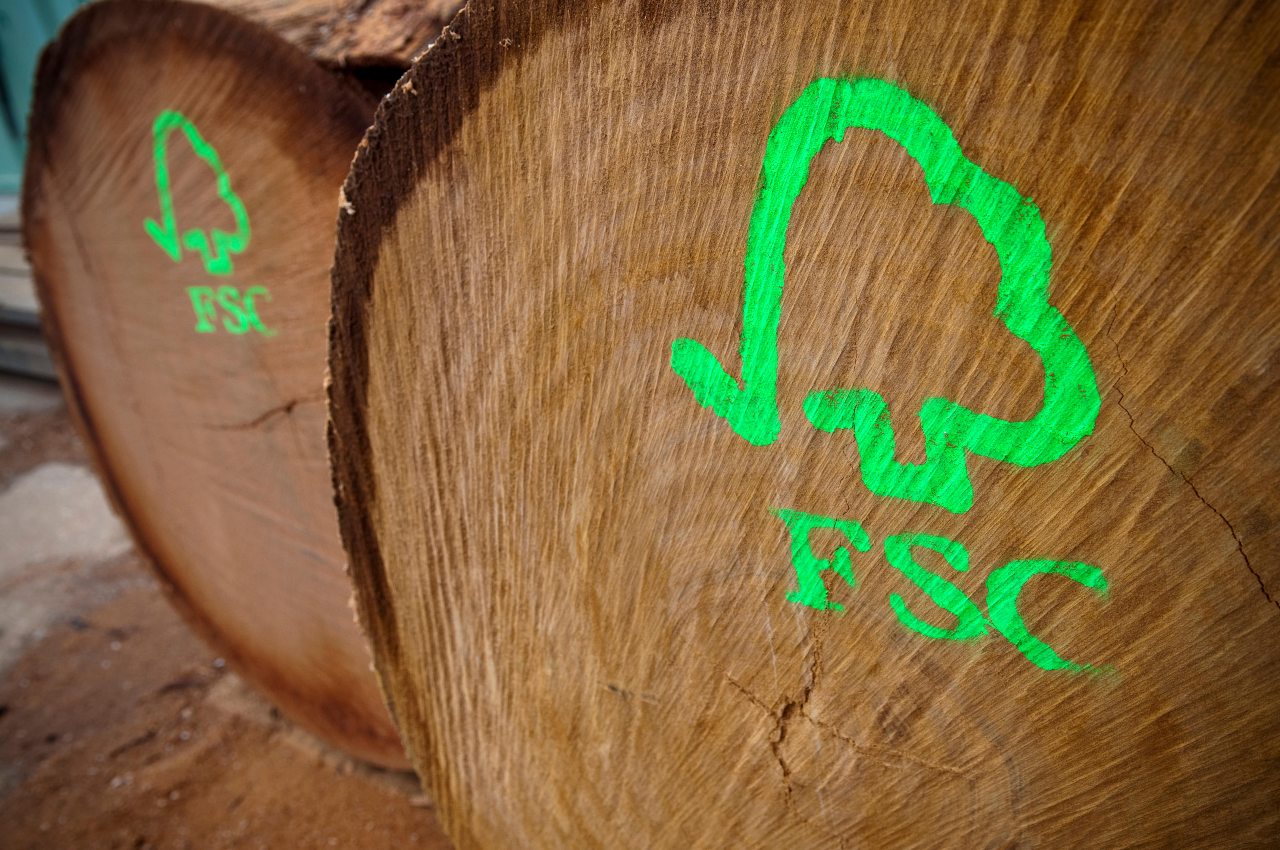
Major commodities traders Cargill and Bunge have been fined
by the Brazilian authorities for buying grain from illegally deforested areas
in the Cerrado.
The two firms, along with three more traders and dozens of
farmers, were fined a total of $29 million by the
environmental agency Ibama in May.
The fines were a phase of “Operation Soy Sauce”, that began
in April, in which Ibama and federal prosecutors clamped down on illegal land
use in the Matopiba region – comprising Maranhão, Tocantins, Piauí and Bahia
states – in Brazil’s Cerrado savannah.
By analysing satellite data, Ibama identified clearing in
areas of 40 farms that were off-limits. The list of “embargoed” areas is
available on Ibama’s website, and a 2008 decree prohibits trade in commodities
produced in such areas.
The five traders allegedly purchased 3,000 metric tons of
soy and other products from areas illegally deforested, embargoed areas. In its
statement announcing the fines, Ibama stated that
the illegal deforestation had been financed by the anticipated sale of the
grain.
In an email to Climate Advisers in May, Bunge said it
disputed the allegations and has contested the fine with Ibama. Bloomberg
reported that Cargill is still investigating the matter.
Dozens of farmers were also fined for illegal deforestation.
Bloomberg reported that Brazilian federal prosecutors may pursue legal action
to ensure that the traders and farmers repair environmental damage done.
In 2017, a coalition of civil society groups published
the Cerrado
Manifesto, calling for the private sector to take action to end
deforestation in the biome. It notes that since 2013, every two months an area
of savannah the size of Greater London has been destroyed.
Since February 2018, 62 of
the world’s largest food companies have made a
statement of support for the manifesto. The statement says that the
“wide gap between tackling ‘illegal’ deforestation and achieving zero net
deforestation goals is a cause for major concern.”



